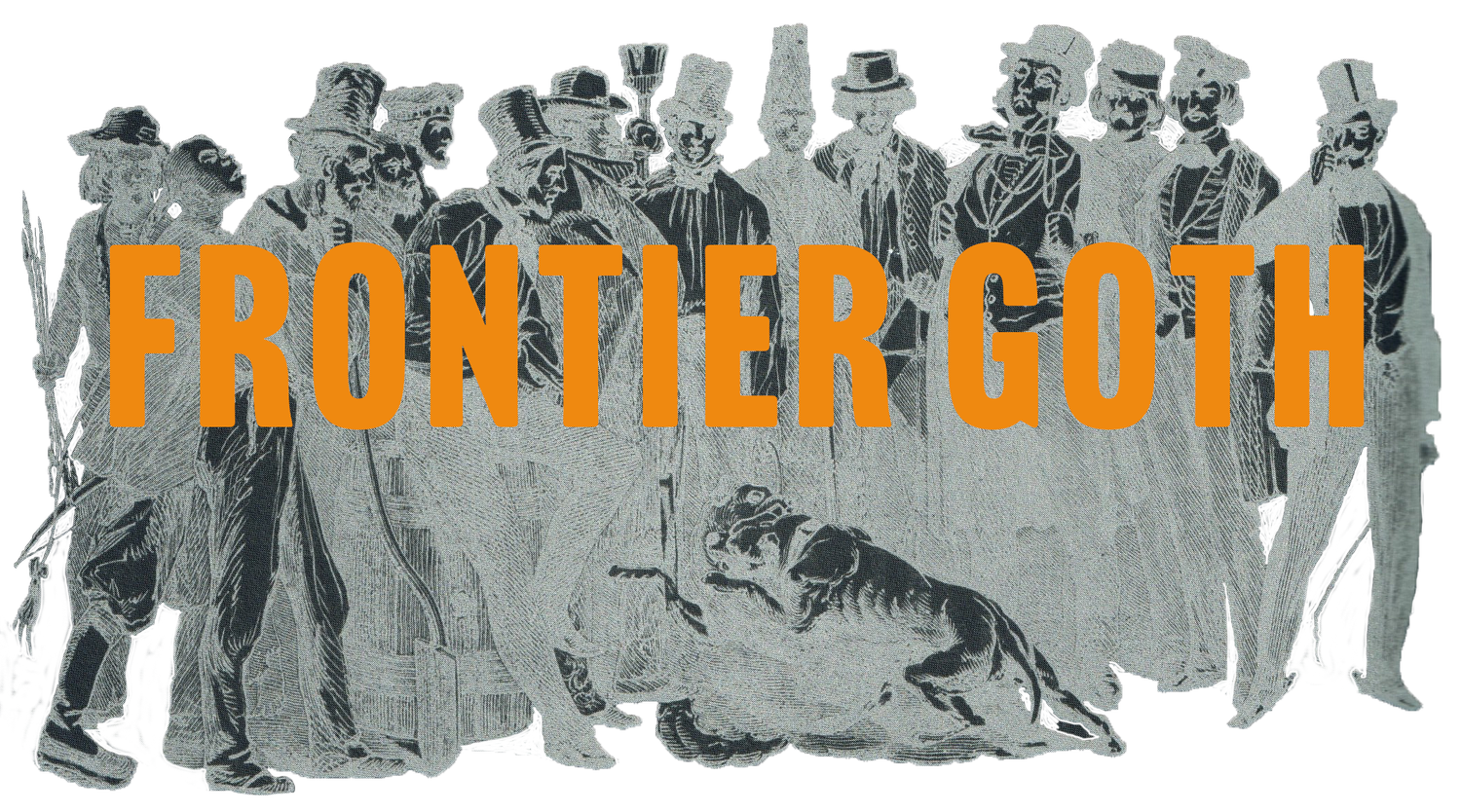Spent by Geoffrey Miller
“This could be called the centrifugal-soul effect: runaway consumerism leaves us feeling superficial and empty, because we project ourselves outward to observers too promiscuously and desperately. We forget the virtues of restraint, reticence, and dignity. We lose our capacity for self-contained, self-sufficient self-judgment. We end up like a country without external borders or internal tradition.”
&
”Some common themes emerge from these slightly whimsical suggestions. One is that buying new, real, branded, premium products at full price from chain-store retailers is the last refuge of the unimaginative consumer, and it should be your last option. It offers low narrative value—no stories to tell about interesting people, places, and events associated with the product’s design, provenance, acquisition, or use. It reveals nothing about you except your spending capacity and your gullibility, conformism, and unconsciousness as a consumer. It grows no physical, social, or cultural roots into your local environment. It does not promote trust, reciprocity, or social capital. It does not expand your circle of friends and acquaintances. It does not lead you to learn more about the invention, manufacture, operation, or maintenance of the things around you.
”Retail spending reveals such a narrow range of traits: the capacities to earn, steal, marry, or inherit wealth, and the perceptual memory and media access required to spend the wealth on whatever is advertised most avidly now. The alternatives listed above try to minimize retail spending not just to save money, but to maximize trait display power. They do not renounce the emotional centrality of narcissistic self-display in human life, but they redirect it into tactics that are both cheaper and more effective.”
-Geoffrey Miller, 2009


